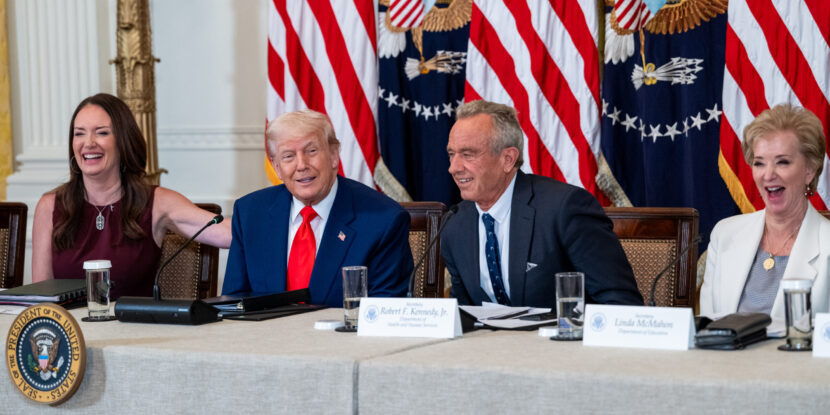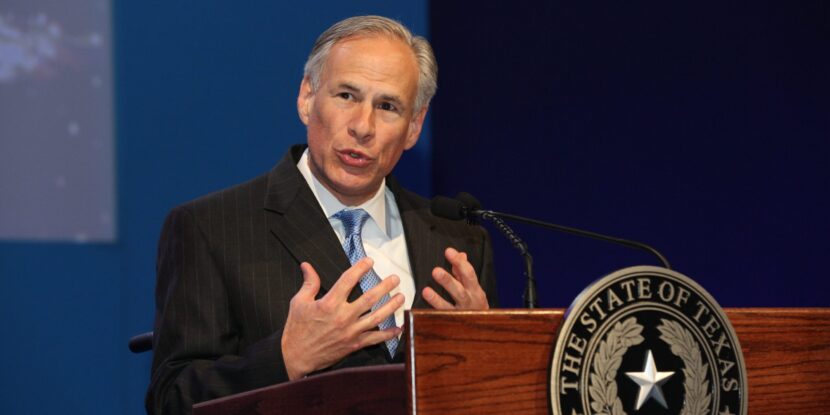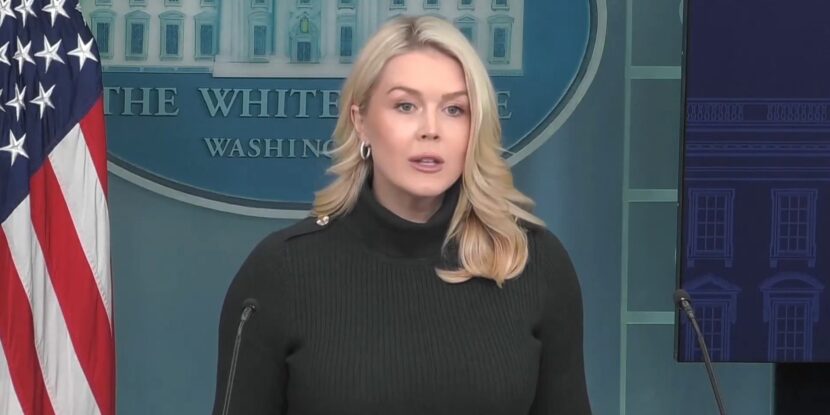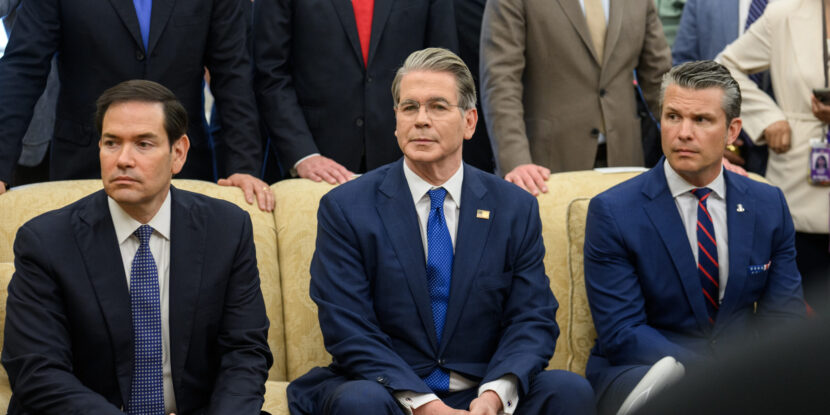PULSE POINTS
❓WHAT HAPPENED: Kraft Heinz announced it will remove petroleum-based artificial dyes from its U.S. products by the end of 2027.
👤WHO WAS INVOLVED: Kraft Heinz, North America President Pedro Navio, Health and Human Services (HHS) Secretary Robert F. Kennedy Jr., and the U.S. Food and Drug Administration (FDA).
📍WHEN & WHERE: Announcement made on Tuesday, with changes to be completed by 2027, across the United States.
💬KEY QUOTE: “The vast majority of our products use natural or no colors, and we’ve been on a journey to reduce our use of FD&C colors across the remainder of our portfolio.” – Pedro Navio, Kraft Heinz North America President.
🎯IMPACT: The move aligns with the ‘Make America Healthy Again’ agenda spearheaded by RFK Jr. and President Donald J. Trump.
Kraft Heinz announced on Tuesday that it will remove petroleum-based artificial dyes from its U.S. products by the end of 2027. The company stated that nearly 90 percent of its U.S. product portfolio already avoids the use of synthetic FD&C (food, drug, and cosmetic) colors, but the remaining items will transition to natural alternatives over the next few years.
Pedro Navio, Kraft Heinz’s North America President, explained in a statement, “The vast majority of our products use natural or no colors, and we’ve been on a journey to reduce our use of FD&C colors across the remainder of our portfolio.” The company also plans to work with licensees of its brands to encourage them to follow suit in eliminating artificial dyes.
The announcement follows a push from Health and Human Services (HHS) Secretary Robert F. Kennedy Jr. and the Food and Drug Administration (FDA) to phase out synthetic food dyes. “For too long, some food producers have been feeding Americans petroleum-based chemicals without their knowledge or consent,” RFK Jr. complained in April, branding the dyes “poisonous compounds” that “offer no nutritional benefit and pose real, measurable dangers to our children’s health and development.”
The same month, FDA Commissioner Marty Makary indicated the agency’s intent to eliminate these dyes by 2026, initially relying on voluntary compliance from food manufacturers.
Kraft Heinz’s decision is part of a broader industry trend, with many U.S. food manufacturers reformulating products to meet consumer demand for natural ingredients. In Europe and Canada, where synthetic dyes require warning labels, natural substitutes are already widely used.
The FDA currently permits 36 food color additives, including eight synthetic dyes. However, one such dye, Red 3, is set to be banned in food by 2027 due to links with cancer in laboratory rats. Natural alternatives to synthetic dyes include pigments derived from beets, algae, and purple sweet potatoes, among other sources.
Join Pulse+ to comment below, and receive exclusive e-mail analyses.




















